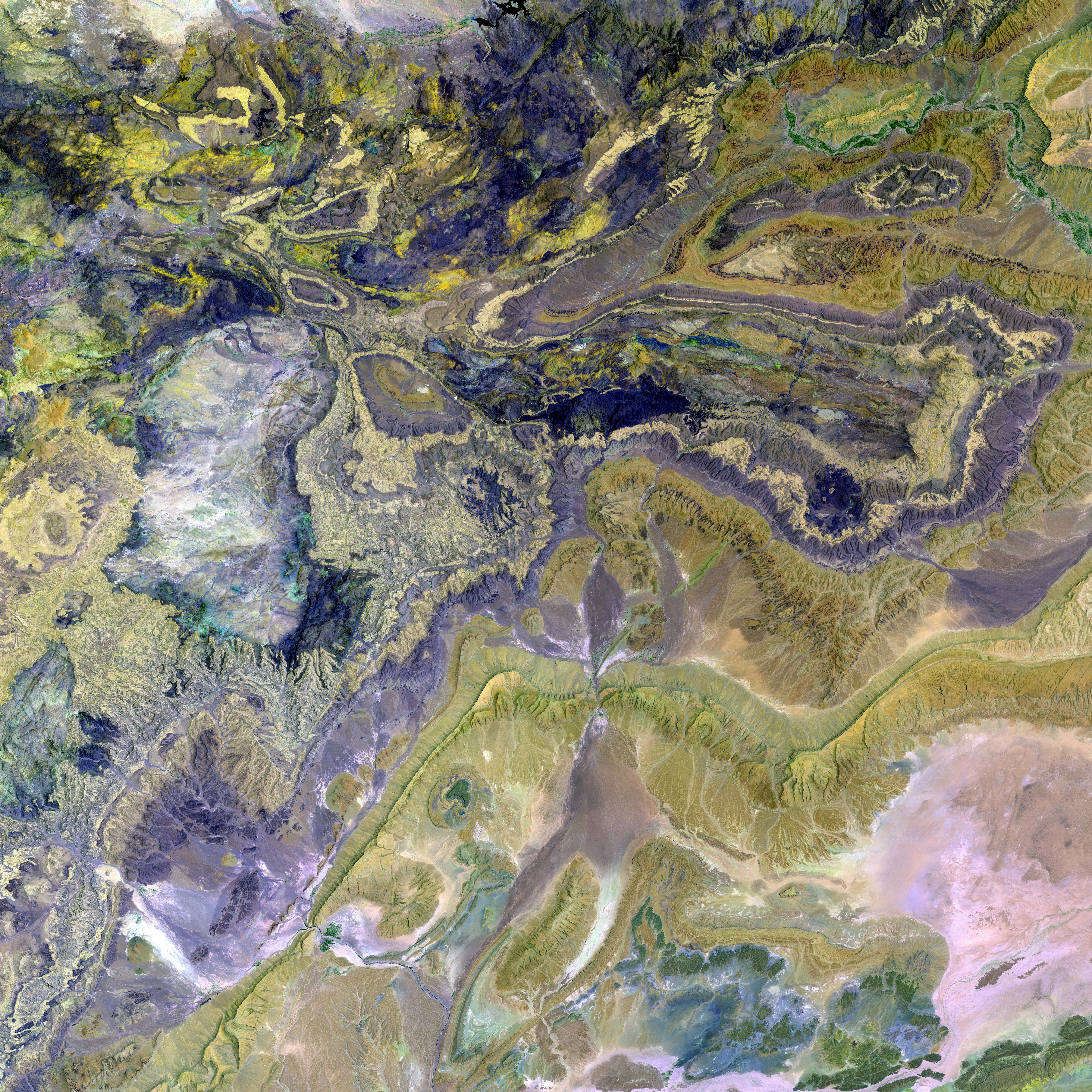Nearly 19,000 hectares of natural landscapes transformed into urban spaces in the year 2023.
In a significant environmental development, France has witnessed the lowest recorded consumption of natural spaces since 2009, with a decline of 4.8% in 2023 compared to the previous year. According to data from Cerema, a public institution that provides expertise on risks, environment, mobility, and land use, a total of 19,263 hectares of natural spaces were converted into urban spaces this year.
The reduction in land consumption is a positive step towards preserving France's biodiversity, as soil sealing, the primary contributor to biodiversity loss, is mitigated. However, the pace of consumption, while slowed, remains high, with more than 297,000 hectares consumed between 2011 and 2023, equating to the surface area of the island of Réunion.
Interestingly, 60.7% of this land consumption took place in small municipalities and areas with sufficient housing supply, with small operations of two to three hectares playing a significant role. The remaining 38% was consumed in the second ring of cities and coastal areas.
The importance of soils was recognized with the adoption of the Climate and Resilience Law in 2021, which set the objective of achieving "zero net artificialization of soils" (ZAN) by 2050, with an interim goal of halving natural land consumption by 2031 compared to the previous decade.
Recently, the Senate adopted a text that reportedly relaxes the terms of the fight against urban sprawl, sparking criticism from environmental associations and some on the left. The text's current status is unclear, as it is not yet on the agenda of the National Assembly.
France's objective is to balance its economic needs with climate goals while effectively managing land use. This includes reducing greenhouse gas emissions by 55% by 2030, maintaining carbon sinks, and focusing on sustainable land use practices to enhance agriculture and forestry. The Climate and Resilience Law, among other policies, aims to ensure that land use changes are sustainable, promoting reforestation or green infrastructure initiatives if necessary.
- The significant reduction in natural space consumption in France, as reported in general news, is a step towards achieving the goal set by France's Climate and Resilience Law, which aims for "zero net artificialization of soils" (ZAN) by 2050 and a 50% reduction by 2031 compared to the previous decade, to balance economic needs with climate goals and promote sustainable land use practices.
- While the recent Senate text that reportedly relaxes terms of the fight against urban sprawl has sparked criticism from environmental associations and the left, the importance of preserving natural spaces in the context of climate change and environmental science cannot be overstated, as it mitigates soil sealing, the primary contributor to biodiversity loss.
- The high rate of land consumption in France, as indicated by Cerema data, shows that although there has been a decline in consumption, more than 297,000 hectares of natural spaces have been converted into urban spaces between 2011 and 2023, highlighting the need for policy initiatives in science, politics, and environmental-science to manage land use effectively and promote sustainable practices.








